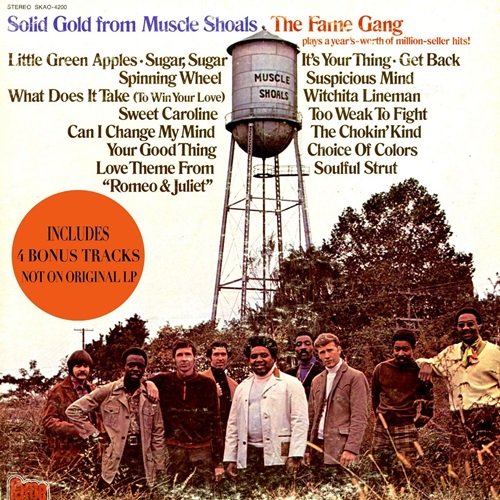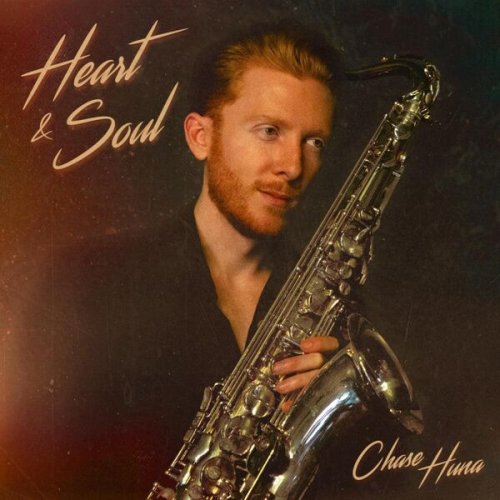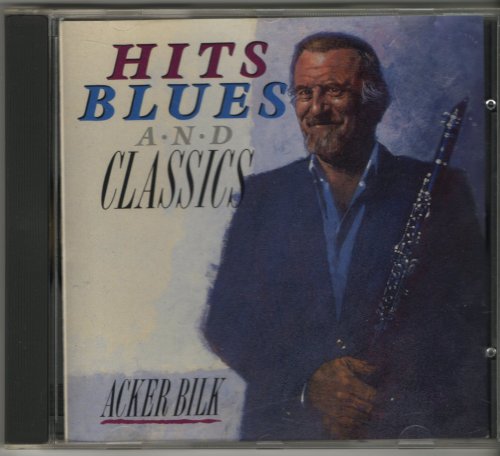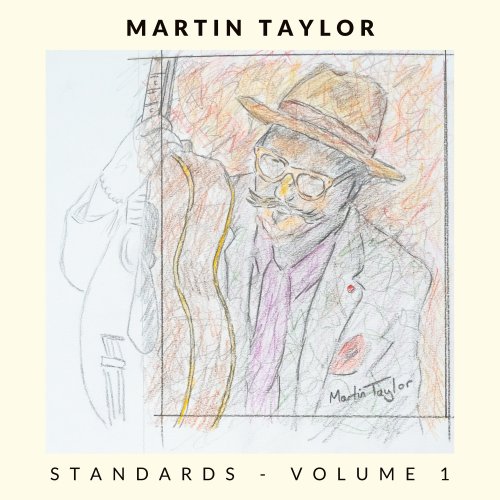The Fame Gang - Solid Gold From Muscle Shoals (Expanded Edition) (1969)

Artist: The Fame Gang
Title: Solid Gold From Muscle Shoals (Expanded Edition)
Year Of Release: 1969/2011
Label: Capitol Records
Genre: Jazz, Funk, Soul
Quality: Mp3 320 / Flac (tracks)
Total Time: 57:27
Total Size: 141/397 Mb
WebSite: Album Preview
Tracklist:Title: Solid Gold From Muscle Shoals (Expanded Edition)
Year Of Release: 1969/2011
Label: Capitol Records
Genre: Jazz, Funk, Soul
Quality: Mp3 320 / Flac (tracks)
Total Time: 57:27
Total Size: 141/397 Mb
WebSite: Album Preview
01. It's Your Thing (Instrumental) 2:58
02. Your Good Thing (Is About To End) (Instrumental) 2:39
03. Can I Change My Mind (Instrumental) 2:52
04. Choice Of Colors (Instrumental) 3:26
05. Too Weak To Fight (Instrumental) 2:10
06. Little Green Apples (Instrumental) 2:47
07. The Chokin' Kind (Instrumental) 2:55
08. What Does It Take (To Win Your Love) (Instrumental) 3:01
09. Spinning Wheel (Instrumental) 3:00
10. Wichita Lineman (Instrumental) 2:56
11. Soulful Strut (Instrumental) 2:51
12. Sweet Caroline (Instrumental) 3:26
13. Sugar, Sugar (Instrumental) 3:14
14. Suspicious Minds (Instrumental) 2:52
15. Love Theme From "Romeo & Juliet" (Instrumental) 2:32
16. Get Back (Instrumental) 3:26
17. Soul Feud 2:23
18. Grits And Gravy (Instrumental) 2:37
19. Twangin' My Thang 2:40
20. Turn My Chicken Loose (Instrumental) 2:41
The Fame Recording Studios, located in Muscle Shoals, Alabama, became one of the the most popular places for soul, R&B, and pop musicians to cut records in the '60s and '70s. While the studio was well run and equipped with the latest recording gear, the reason Fame was popular had less to do with the facilities and more to do with the in-house band. Much like the Funk Brothers, the ad-hoc band that provided accompaniment on most of Motown Records' classic hits, or the Wrecking Crew, the circle of Los Angeles session musicians who dominated California record-making for decades, the Fame Gang were the secret heroes of dozens of hit records, creating a sound that earned fans even if listeners rarely knew the names of the people who provided the backing for those hits.
Fame Recording Studios opened in Muscle Shoals in 1961 as a spin-off of a publishing company that worked with future studio legends Dan Penn, Rick Hall, and Billy Sherrill. The first Fame house band featured David Briggs and Spooner Oldham on keyboards, Norbert Putnam on bass, Earl "Peanut" Montgomery and Terry Thompson on guitars, and Jerry Carrigan on drums. Most of the musicians had worked with Dan Penn's group the Pallbearers, and they played on hits for the likes of Arthur Alexander, Clarence Carter, Percy Sledge, and the Tams. Within a few years, this group drifted apart, with many going on to successful careers as songwriters and session players. Rick Hall, who ran the Fame Studios, replaced them with a new band whose members were even more respected. Guitarists Jimmy Johnson and Junior Lowe, keyboard man Barry Beckett, bassist David Hood, and drummer Roger Hawkins developed a reputation as one of the finest session bands in America, and their work on classic sides by Aretha Franklin, Wilson Pickett, Solomon Burke, Clarence Carter, Arthur Conley, Joe Tex, and dozens of others led many of the biggest names in rock and soul to come to Muscle Shoals to record. In time, the Fame rhythm section came to realize that they were the draw, not the studio, and in 1969 they left Fame to open their own recording facility, the Muscle Shoals Sound Studios, where they continued to enjoy a long and successful career.
When the members of the second Fame house band struck out on their own, Rick Hall organized a new combo, the largest to date. The third Fame studio crew featured Junior Lowe on guitar, Jesse Boyce on bass, Clayton Ivey on keyboards and guitar, Freeman Brown on drums, Harrison Calloway on trumpet, Aaron Varnell on tenor and alto sax, Ronnie Eades on baritone sax, and Harvey Thompson on tenor sax and flute, with Mickey Buckins handling arrangements and production. While the group's primary responsibility was backing the Fame Studio's clients, unlike the studio's other rhythm sections, the third band released records on its own, under the name the Fame Gang; Hall had launched a Fame Records label, and the Fame Gang became one of the label's artists. The Fame Gang appeared on a handful of singles, and in 1969 they released an album, Solid Gold from Muscle Shoals, in which they covered 16 hits of the day. The label quietly faded out in the early '70s, but as Hall began working with pop and country acts, the studio continued to do steady business until health issues led him to step away from the music business for a while in 1976. In 2015, the U.K. label BGP released a collection of the third rhythm section's Fame Gang sides, Grits & Gravy: The Best of the Fame Gang.
Fame Recording Studios opened in Muscle Shoals in 1961 as a spin-off of a publishing company that worked with future studio legends Dan Penn, Rick Hall, and Billy Sherrill. The first Fame house band featured David Briggs and Spooner Oldham on keyboards, Norbert Putnam on bass, Earl "Peanut" Montgomery and Terry Thompson on guitars, and Jerry Carrigan on drums. Most of the musicians had worked with Dan Penn's group the Pallbearers, and they played on hits for the likes of Arthur Alexander, Clarence Carter, Percy Sledge, and the Tams. Within a few years, this group drifted apart, with many going on to successful careers as songwriters and session players. Rick Hall, who ran the Fame Studios, replaced them with a new band whose members were even more respected. Guitarists Jimmy Johnson and Junior Lowe, keyboard man Barry Beckett, bassist David Hood, and drummer Roger Hawkins developed a reputation as one of the finest session bands in America, and their work on classic sides by Aretha Franklin, Wilson Pickett, Solomon Burke, Clarence Carter, Arthur Conley, Joe Tex, and dozens of others led many of the biggest names in rock and soul to come to Muscle Shoals to record. In time, the Fame rhythm section came to realize that they were the draw, not the studio, and in 1969 they left Fame to open their own recording facility, the Muscle Shoals Sound Studios, where they continued to enjoy a long and successful career.
When the members of the second Fame house band struck out on their own, Rick Hall organized a new combo, the largest to date. The third Fame studio crew featured Junior Lowe on guitar, Jesse Boyce on bass, Clayton Ivey on keyboards and guitar, Freeman Brown on drums, Harrison Calloway on trumpet, Aaron Varnell on tenor and alto sax, Ronnie Eades on baritone sax, and Harvey Thompson on tenor sax and flute, with Mickey Buckins handling arrangements and production. While the group's primary responsibility was backing the Fame Studio's clients, unlike the studio's other rhythm sections, the third band released records on its own, under the name the Fame Gang; Hall had launched a Fame Records label, and the Fame Gang became one of the label's artists. The Fame Gang appeared on a handful of singles, and in 1969 they released an album, Solid Gold from Muscle Shoals, in which they covered 16 hits of the day. The label quietly faded out in the early '70s, but as Hall began working with pop and country acts, the studio continued to do steady business until health issues led him to step away from the music business for a while in 1976. In 2015, the U.K. label BGP released a collection of the third rhythm section's Fame Gang sides, Grits & Gravy: The Best of the Fame Gang.
![Martin Listabarth Trio - In Her Footsteps (2026) [Hi-Res] Martin Listabarth Trio - In Her Footsteps (2026) [Hi-Res]](https://www.dibpic.com/uploads/posts/2026-02/1771946819_folder.jpg)
![Chad Lefkowitz-Brown - City Spirit (2026) [Hi-Res] Chad Lefkowitz-Brown - City Spirit (2026) [Hi-Res]](https://www.dibpic.com/uploads/posts/2026-02/1772171883_y3mc4z2lmsr7a_600.jpg)




![Bill Frisell - In My Dreams (2026) [Hi-Res] Bill Frisell - In My Dreams (2026) [Hi-Res]](https://www.dibpic.com/uploads/posts/2026-02/1772013732_tpex4dl25956z_600.jpg)

![Various Artists - Lost Tracks: Accra to Addis (2026) [Hi-Res] Various Artists - Lost Tracks: Accra to Addis (2026) [Hi-Res]](https://img.israbox.com/img/2026-02/26/lqvyrzr9f9yed5j0r3zv7c1r6.jpg)